Introduction.
Chris Moore, formerly a reporter with BBC NI, was among a small group of – genuinely – courageous journalists who put their lives and careers at risk by reporting the hard truth about the Kincora child abuse scandal when it first erupted in the 1980s. He has never stopped.
Moore has posted a story on Ed Moloney’s ‘Broken Elbow’ website. It blows the lid on the attempts by MI5, the RUC and management at the BBC, to suppress vitally important facts about the scandal.
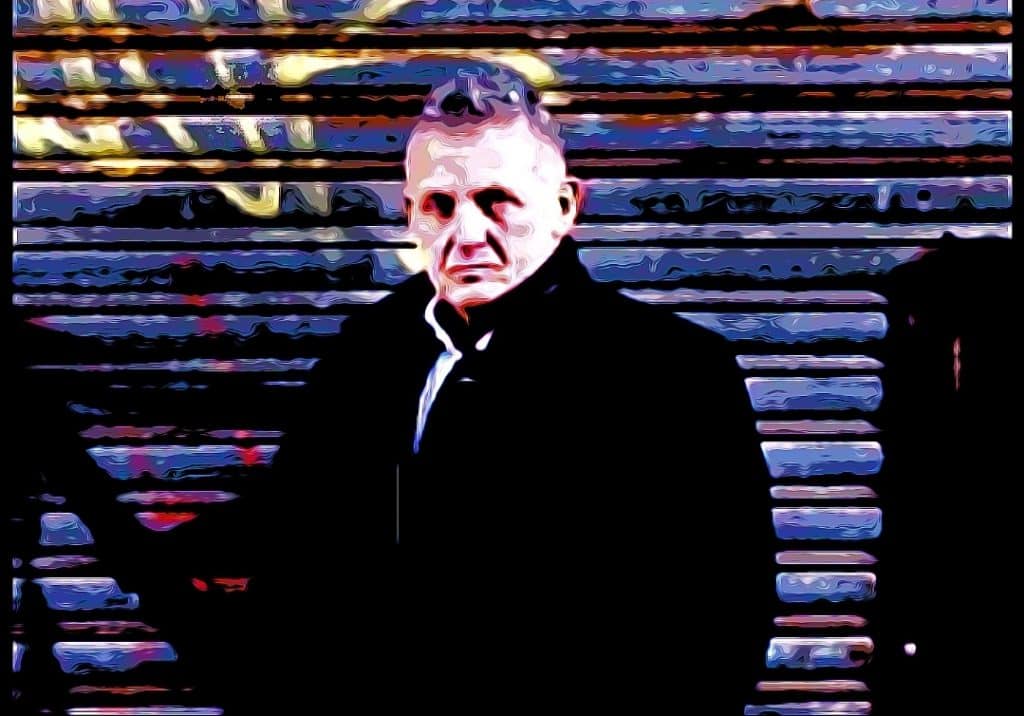
1. A ‘honey trap’ baited with children.
Put simply MI6, MI5 and the RUC special branch ran Kincora and other homes as ‘honey traps’ to ensnare and blackmail Unionist politicians and paramilitaries who abused children.
Kincora is arguably the worst scandal of the entire Troubles.
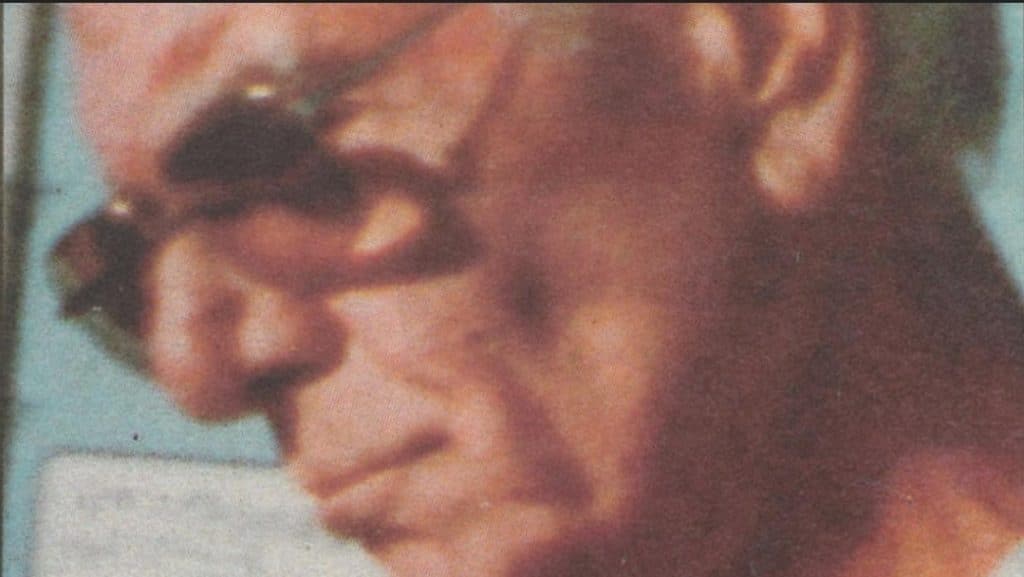
Children were abused for decades at a variety of care homes and Portora Royal College. The abuse was organised by Stormont civil servants and politicians (such as Joss Cardwell MP) as well as by figures at the level of local authority, and by court officials (such as Ken Lamour). Joe Mains, the Warden of Kincora, was close to Loyalist terrorists such as John McKeague. William McGrath, was placed in the home as ‘housefather’ in June of 1971 – most likely by Sir Maurice Oldfield of MI6. McGrath was close to Paisley, the UVF and UDA. He was also an arms smuggler and commander of Tara, yet another paramilitary group. Mains and McGrath trafficked the boys to Loyalist terrorists and politicians. MI5 recorded sex sessions at the Park Avenue hotel in Belfast and elsewhere. The RUC special branch protected these operations. Loyalist killers were recruited via blackmail to murder on behalf of MI5. Politicians were compromised. VIPs such as Lord Mountbatten and other VIPs such as James Molyneaux MP, enjoyed access to a steady supply of vulnerable children.
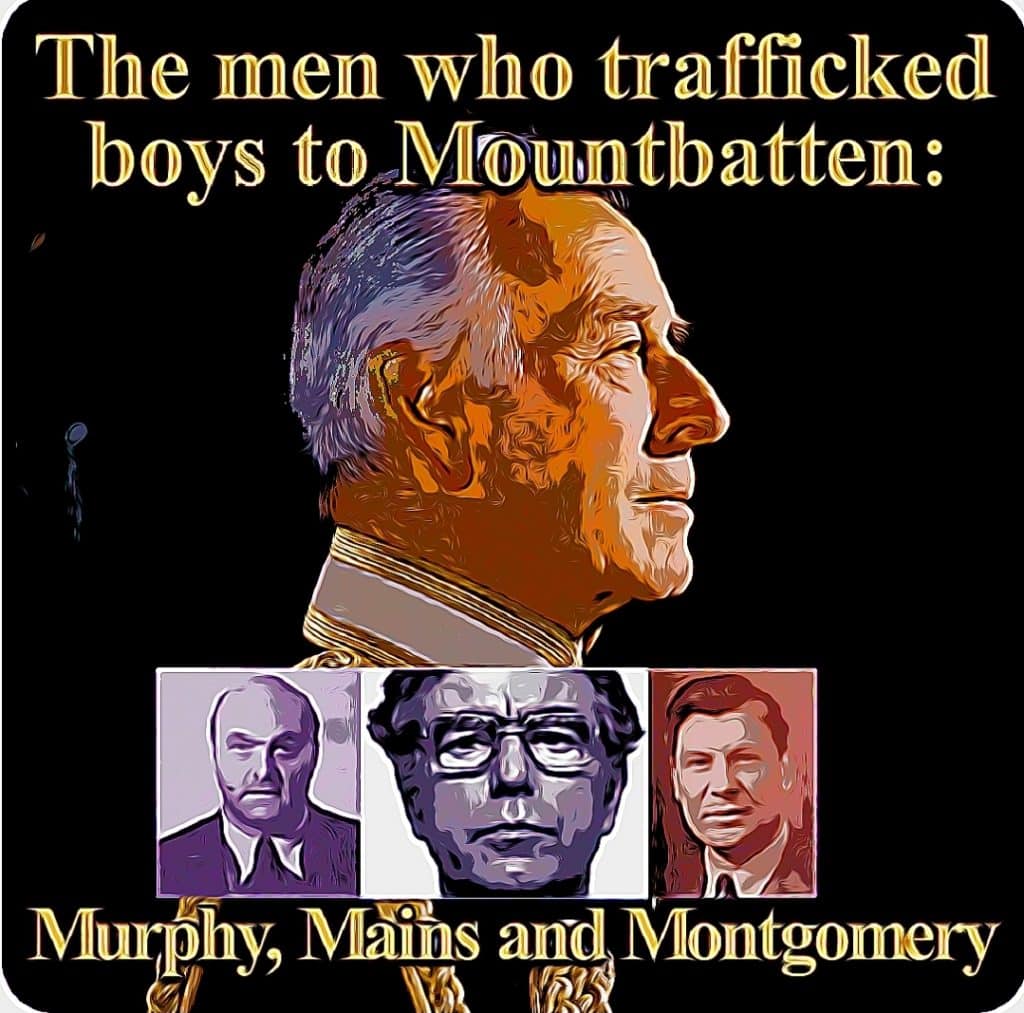
Hence, we have: child abuse, blackmail, the subversion of democracy, perversion of the course of justice, state sponsorship of terrorism, gunrunning, State malfeasance and murder, all rolled up into one compond of evil.
After the scandal erupted, more crimes took place: police cover-ups, attacks on the freedom of the press, interference with the charter of the BBC, the intimidation of witnesses, perjury on an industrial scale at various inquiries, the misleading of Parliament, the forgery of documents and murder (McKeague was assassinated by British agents inside the INLA).
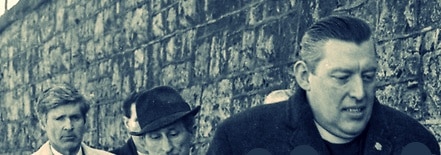
This is why the Kincora scandal will not go away.
This is why files on Kincora are to be locked away for decades yet.
Kincora was so evil, the British state will never be able to admit the truth. It is simply too embarrasing. It would destroy Britain’s reputation around the globe if it came clean, even now. The British Royal family and the Conservative Party would sustain considerable reputational damage.
Moore’s article, however, shines a considerable amount of light on the sordid Kincora cover-up.
2. An honest cop in the RUC.
A particularly shocking passage in Moore’s article describes the role of ‘David’, an officer of the RUC, who discovered what was going on at the home five years before the Irish Independent finally brought the scandal to light. ‘David’ was quite clearly a diligent and honourable cop. If only there had been more like him in the RUC, a lot of children would have escaped the clutches of the Kincora paedophiles. Instead, the RUC was dominated by indisputably evil men who let the child abuse continue, and then covered-up the State’s role in this shameful scandal.
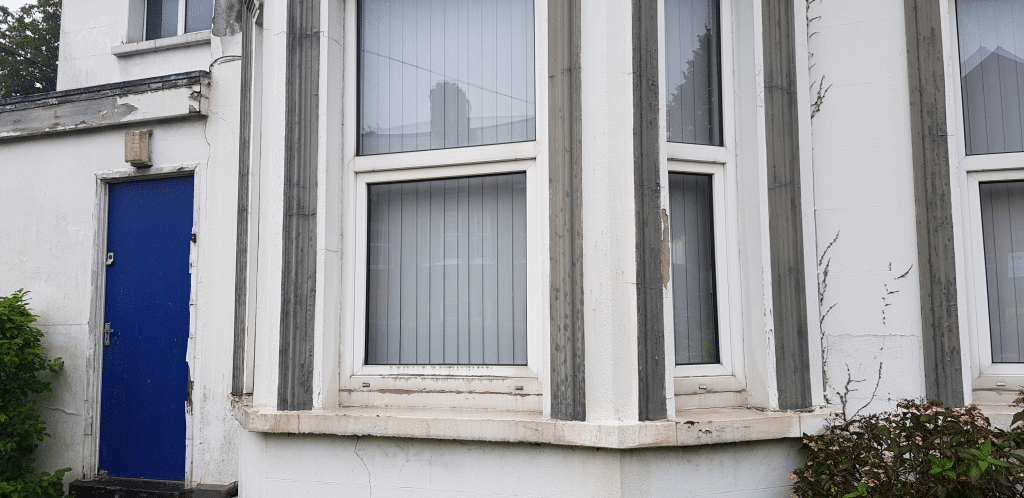
3. The Police Ombudsman of Northern Ireland
In September 2022 the Police Ombudsman of Northern Ireland published a report which confirmed that the RUC knew about the abuse at Kincora yet failed to halt it.
The excuse put forward for the RUC’s failure to intervene was that they were over stretched. Moore demolishes that myth. David had done all the work. Moore describes how:
David’s inquiries led him to Kincora. He began to watch Kincora. He built up a profile of people coming and going at Kincora who had no legitimate business in going into the building. He told me he took photographs of individuals; captured car registrations and identified the owners. Among those he says he positively identified were Justices of the Peace; two police officers; businessmen and two Englishmen who were officials from the Northern Ireland Office based at Stormont.
The Kincora scandal is one of the darkest stains on the reputation of the RUC. ‘David’ is the only RUC figure to emerge from it thus far with his honour intact.
4. MI5’s Ministry of Truth.
The machinations at the BBC to destroy Moore’s relationship with ‘David’ were nothing less than Orwellian.
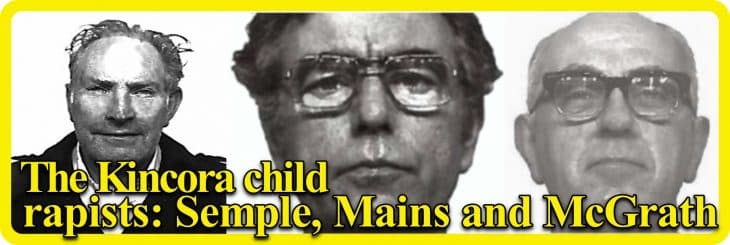
Moore describes how:
David said he had been hauled over the coals because one of my superiors in the BBC had allegedly informed an Asst. Chief Constable that David was my source and had identified him by name. Wow! Really? If David was correct, in my first ever investigative story I had been betrayed by someone within my place of work and who had also betrayed the principle of source protection adopted by journalists. I learned a painful lesson about trust. I thought I knew who had given up my source but never confronted that individual. Just learned an important message about trust!
Understandably David severed all communication with me. With his disappearance from my life went all the material he had gathered and which he said he might hand over to me someday as it was obviously extremely relevant to Kincora. So if the aim was to kill off any prospect of a Kincora story emerging, it was now gone. Dead in the water, as they say. Somehow someone had managed to close down this potentially harmful information about Kincora.”
5. Moles at the Beeb.
MI5 ran a secret office at the BBC in London from where it exerted a malign influence over the corporation. Moore’s revelations indicate it had a firm grip over key decision makers in BBC NI too.
The assistant D-G of the BBC in the 1980s, Alan Protheroe, had links to the intelligence services, as did others. The corporation employed many ex-Ministry of Defence (MoD) officials. MI5 and MI6 officers often masqueraded as MoD employees.
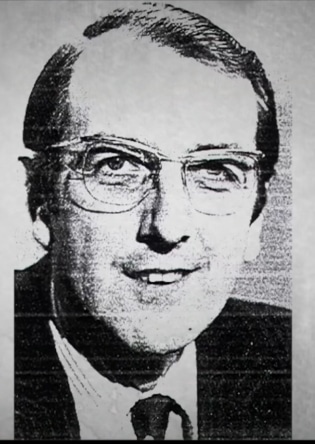
In the early 1980s, Margaret Thatcher appointed Dame Daphne Park to the BBC’s Board of Governors. Park was ex-MI6. By her own admission she had helped the CIA have Patrice Lumumba, PM of the Congo, murdered. Park meddled with the BBC’s coverage of Ireland, particularly a documentary that featured Martin McGuinness.
The BBC commissioned a drama about the plight of Colin Wallace, a Kincora whistle-blower, a few years later. The script was handed into the BBC’s reception desk in London and promptly disappeared, never to be found.
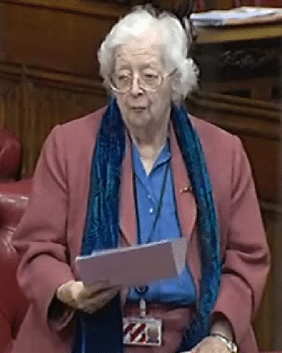
6. Sir James Savile and the BBC
Kincora was the tip of a far larger scandal connected to VIP sex abuse across Northern Ireland and Great Britain. MI5 managed to contain it.
Abuse continued apace at other homes across the UK.
Some victims committed suicide.
The BBC had the information, first rate journalists and reach, to enable it bring the network around Kincora crashing down.
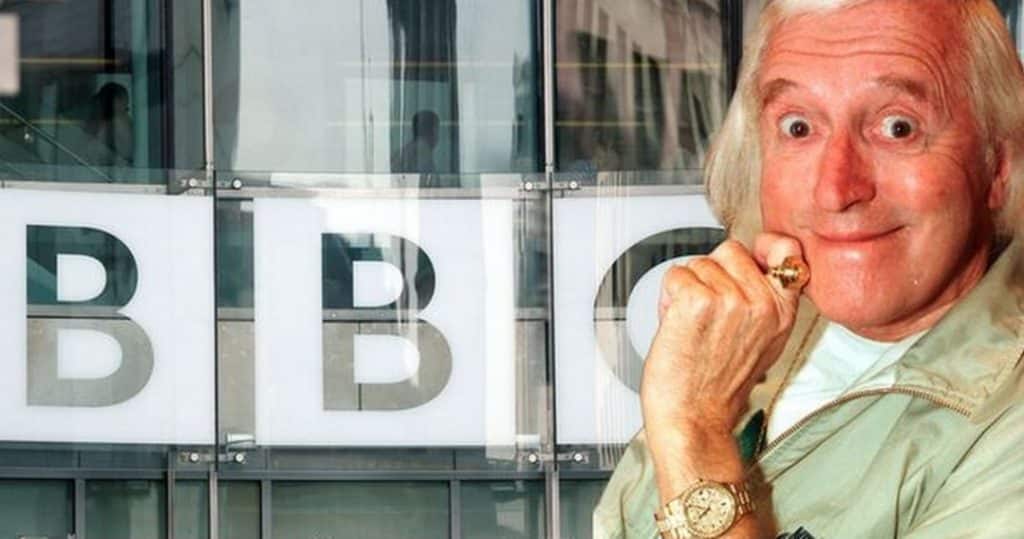
Lord Louis Mountbatten would have been exposed. He abused boys from Kincora, Portora Royal College, and elsewhere, while in Ireland.
Instead, BBC management let the abuse fester.
Worse still, it employed the likes of Jimmy Savile and protected him from scrutiny.
On 25 February 2016, Dame Janet Smith published a 700-page report into sexual abuses by Jimmy Savile at the BBC. ‘The culture of the BBC enabled Savile to go undetected for decades and that the BBC missed at least five opportunities to stop the abuse,’ she wrote. BBC staff members were aware of complaints against Savile, but did not pass the information to senior management due to the ‘culture of not complaining’. Dame Janet described an ‘atmosphere of fear’ which was still evident at the BBC. Some of those interviewed by her did so only after being assured their names would not be published, as they feared reprisal.

How much of this fear was generated by MI5 is anyone’s guess. If Savile had been arrested, he might have disclosed what he knew about the multiple overlapping paedophile rings that rippled across Britain, Ireland and beyond. Mountbatten’s name would have surfaced. A front page article I co-wrote for a now defunct Dublin magazine about Mountbatten and Kincora in 1990 was ignored by the rest of the media, including – of course – the BBC. If Savile, however, had revealed all, it would have been impossible for MI5 to have contained the wider scandal.
7. Blaming the victims.
While the BBC and mainstream press was being neutered, MI5 was able to send a police team from England to inquire – or so the public was told – into the inaction of the RUC over the scandal. It was led by Sir George Terry, the then Chief Constable of the Sussex Police.
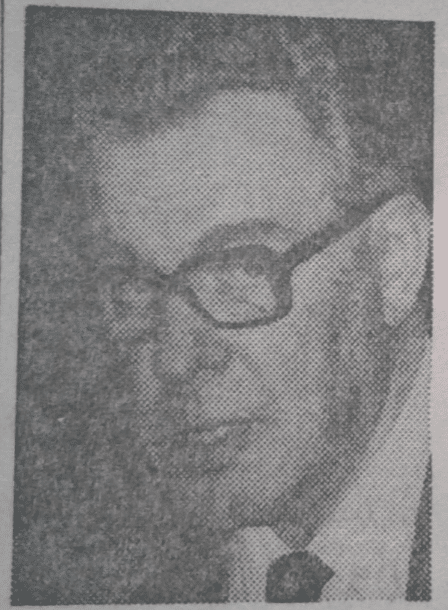
Terry confined the ambit of the abuse to the staff at Kincora. He found no evidence of a wider network.
According to the report by Terry, one of the reasons it took so long for the scandal to become public knowledge was because some of the boys derived “sexual satisfaction or pleasure” from what had happened to them. These rape victims wanted to “conceal from them ‘their guilty secret’.” See also: https://coverthistory.ie/2022/10/31/according-to-the-report-by-sir-george-terry-the-former-chief-constable-of-the-sussex-police-one-of-the-reasons-that-it-took-so-long-for-the-kincora-child-rape-scandal-to-become-public-knowledge-was/
8. No difference between homosexuals and paedophiles – according to the Sussex police.
Terry could see no difference between homosexuality and paedophilia and described the abuse at the home as one involving ‘homosexual crimes’.
The Terry Report should be viewed as an anti-homosexual ‘hate crime’.
An attempt was made – by MI5, no doubt – to ‘disappear’ the Terry Report but a copy can be found via the above link.
9. Moore and the Terry Inquiry.
Moore was interviewed by the Sussex Police at the BBC. He recounts how they had to be asked to leave the building:
I was interviewed by Flenley and Harrison [of the Sussex Police] in news editor Stephen Claypole’s office. It proceeded in the clichéd good cop, bad cop manner for a short time. Stephen Claypole intervened and asked the two officers to leave the building. Next time I’d be accompanied by a BBC lawyer, he told them. I escorted the two men down one flight of stairs to the front door and said goodbye.
10. Terry and Colin Wallace.
Terry’s Kincora team was the same unit which framed Kincora whistle-blower Colin Wallace for manslaughter in England. Wallace was eventually cleared and compensated but he spent over six years in prison.
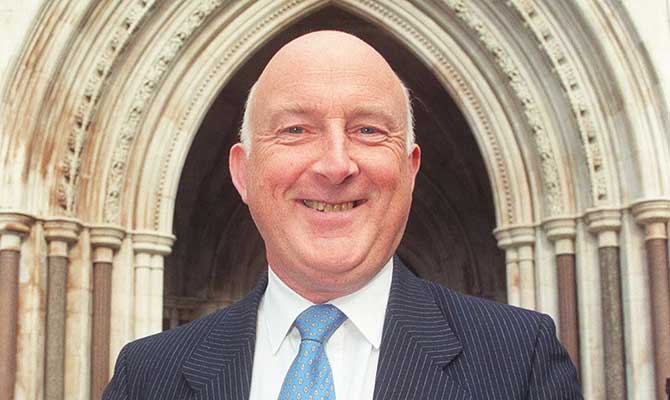
11. Meet the new boss
Sadly, little has changed at the BBC.
The BBC commissioned a documentary entitled ‘The Lost Boys of Belfast’. It featured new information about Alan Campbell, a Kincora abuser who was the chief suspect in the murder of a ten-year-old boy in 1973. The documentary was made for BBC NI by Alleycats. It was meant to have been broadcast in May of 2021. I was in touch with the researchers for Alleycats at the very early stages of the production. I fear the documentary will now never be broadcast by the BBC despite years of diligent research. New ground was broken by the investigation. RUC officers who investigated Alan Campbell gave interviews on camera.
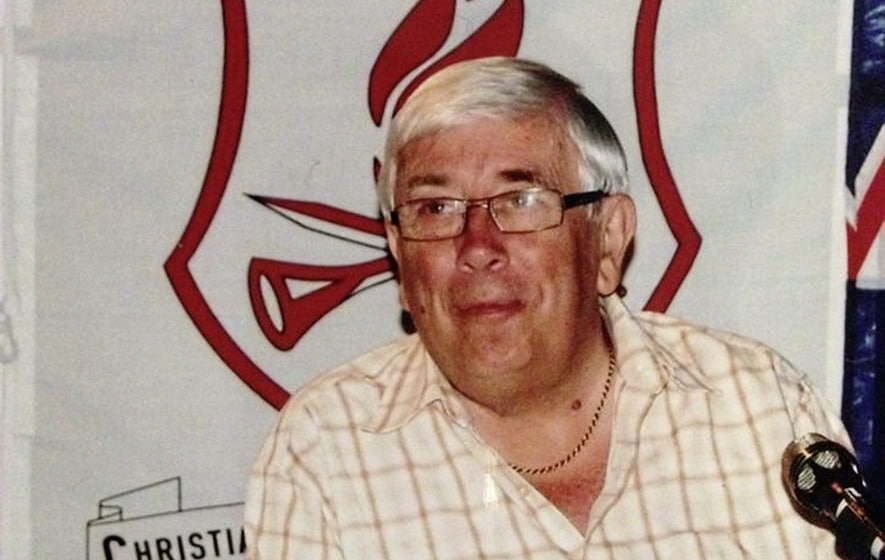
Key figures at the BBC are blocking the transmission of ‘The Lost Boys’. They are relying on the findings of the lamentable Hart Report of 2017 which confirmed Terry’s core conclusion, i.e., Kincora was not part of a child abuse network. Judge Sir Anthony Hart, a graduate of Portora Royal College and Trinity College Dublin, wrote it.
The Hart Report of 2017 was a shambles, almost as egregious as the Terry Report, but for different reasons (laziness, negligence, a sloppy failure to digest facts, internal contradictions, ignoring key witness, reliance on the perjury of an RUC officer called Caskey, reliance on forged documents, snobbery, daft speculation etc). See Operation Clockwork Orange, a free 60,000 word ebook for more details:
The only people to profess confidence in the Hart Report in 2023 are certain key figures at the BBC (and one convicted child rapist). The figures at the BBC claim the Hart Report is the last word on the Kincora scandal and hence ‘The Lost Boys’ should not be broadcast.
Too many people, however, know about the new information for it to remain under wraps forever.
12. Eric Witchell, the only person known to share the faith of BBC management in the Hart Report.
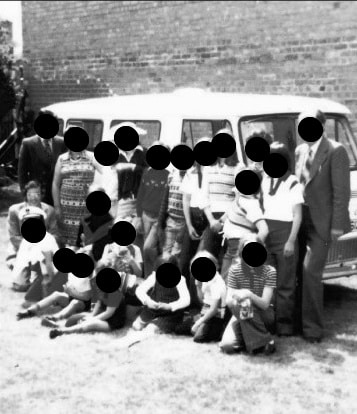
The only individual known to express confidence in the Hart Report – aside from the cabal at the BBC – is Eric Witchell, a convicted paedophile.
Witchell was a key part of the wider Kincora network. He uses the Hart report to defame Richard Kerr, a former victim of abuse at Williamson House and Kincora.
Witchell ran Williamson House.
Kerr was abused at Williamson House at the age of 8. He was raped one night while he clutched his soft toy. The rapist was a stranger who crept into his room, either Witchell or someone he let in.
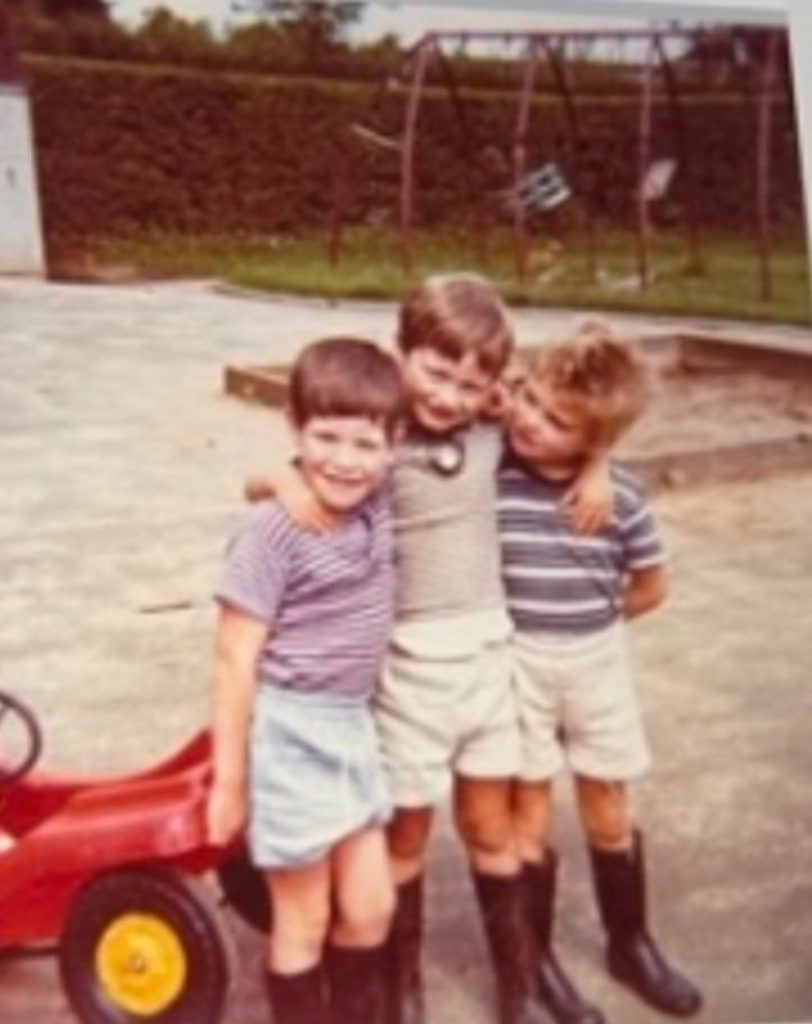
Witchell was a friend of Joe Mains and William McGrath, who worked at Kincora.
Judge Hart did not bother to interview Eric Witchell. Instead, Hart used his report to defame the victims of Kincora. The Hart report – and let no one make any bones about it – defames the victims as liars. Hart castigated Kincora survivors such as Kerr who stated they had been abused by the wider paedophile network. They were liars in Hart’s fantasy world because he – Hart – knew better: the only abuse of Kincora boys was that which had taken place had been at the hands of the staff at the home.

Hart retraumatised these victims of child rape.
There is a piece of footage online which shows Judge Hart making a speech at which he refers to himself as having been a ‘lazy’ student at Trinity College. The best thing that can be said about his clownish 2017 report is that laziness is at the root of it.
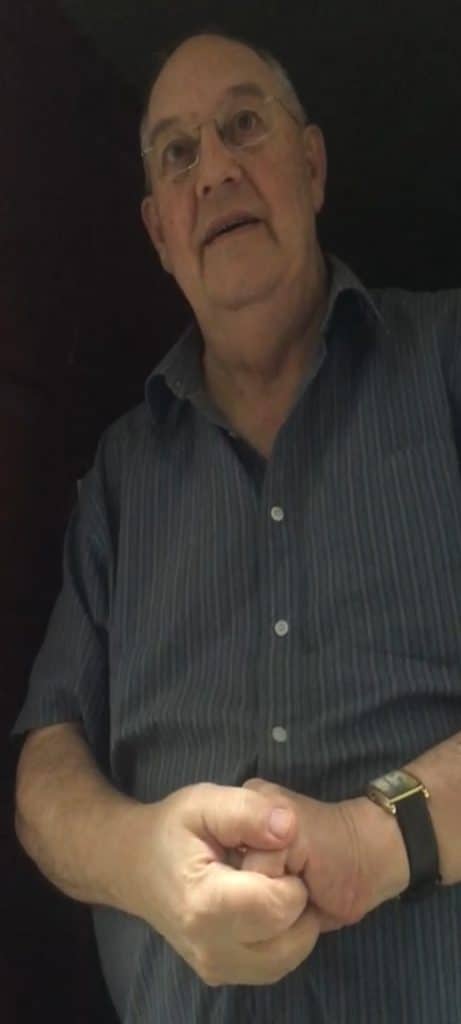
13. The IICSA.
The so-called Independent Inquiry into Child Sexual Abuse (IICSA) based in London submitted its report on VIP sex abuse without interviewing Eric Witchell – who lives in London. The IICSA, which has just wound up, ignored VIP sex abuse with links to Ireland, even that involving Westminster MPs. It also ignored the role of Lord Mountbatten in child abuse.
The IICSA report on VIP abuse reads like something cobbled together by a tremulous AI chatbot.
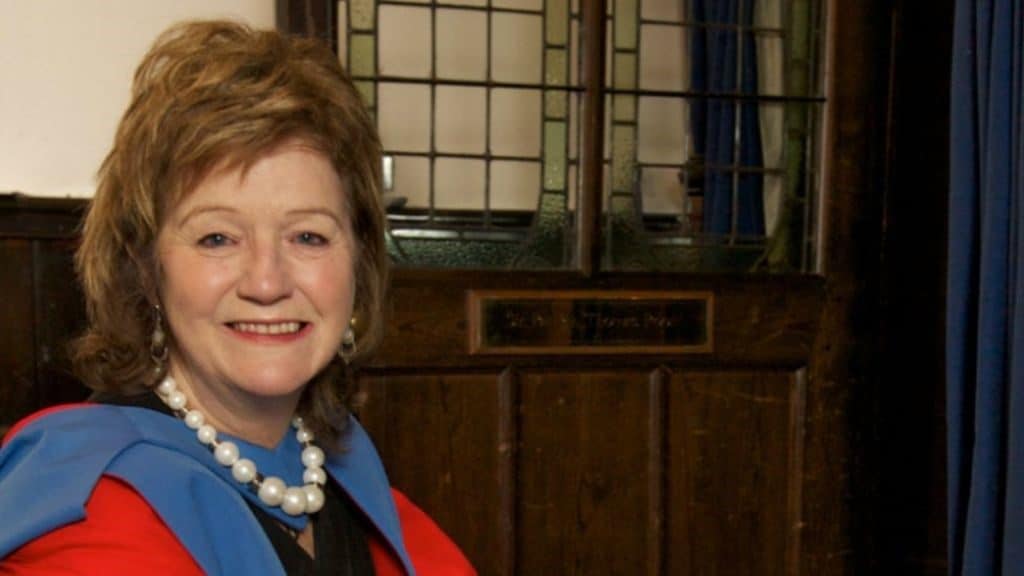
14. The search for the truth goes on.
Richard Kerr and Gary Hoy are pressing ahead with their High Court action against the State in Belfast.
Kerr’s case has been taken up in Washington by the powerful Irish National Caucus.
And Chris Moore is certainly not going away – and that is great news for the five decade long battle to establish the truth about the fetid paedophile ring that swirled around Kincora and other homes. He is presently digging into the role played by Lord Louis Mountbatten in the abuse of boys in Ireland.
His bestselling 1996 book on the scandal remains essential reading.
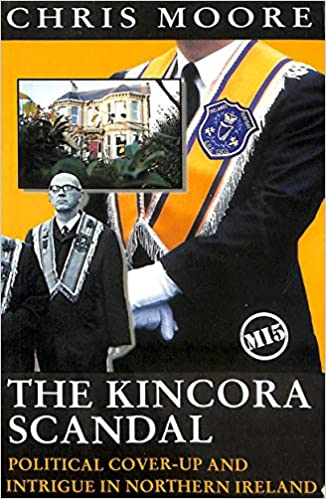
The late Lyra McKee was fulsome in her praise of Moore who was generous with his time and knowledge while she was writing her book on Kincora. She was working on a second book about the disappearance of boys in Belfast in the 1970s at the time of her death.
This review only touches upon Moore’s article which can be found here: https://thebrokenelbow.com/
Additional reporting on Kincora and Mountbatten can be found here:https://coverthistory.ie/2022/12/02/mountbatten-dossier-royalty-child-abuse-and-a-murder-survivors-make-accusations-a-boy-committed-suicide-a-child-killer-escaped-justice-mi5-mi6-and-the-ruc-were-involved-by-david-burke/